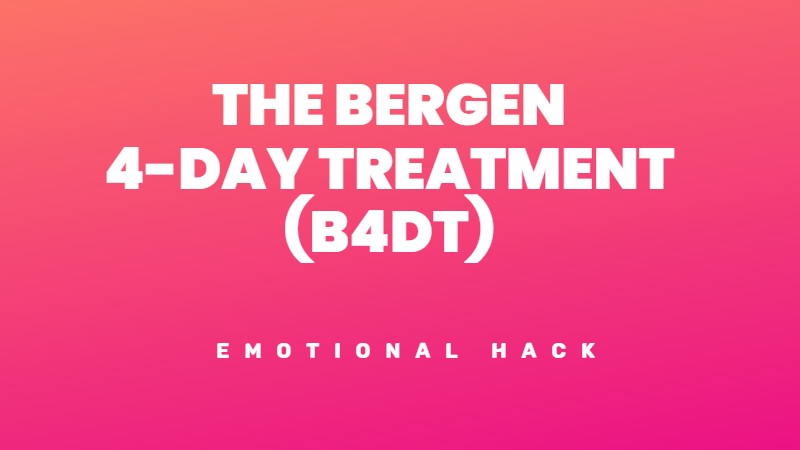A simple exercise to strengthen your relationship bond
Relationships are complex shared experiences, mutual understanding and inevitable conflicts. While disagreements are a natural part of any intimate partnership, how couples navigate these choppy waters can make all the difference in the strength and longevity of their connection. Recent research published in the journal Personal Relationships sheds light on a surprisingly simple yet powerful exercise for managing relationship conflicts.
The power of reflection
Taking just a few minutes to reflect on a recent conflict thoughtfully can significantly increase your ability to resolve the issue and reduce emotional distress. By hitting the pause button and deliberately considering the factors contributing to the disagreement, couples can gain valuable perspective and clarity.
It’s as simple as setting aside a quiet moment to ponder a few key questions:
By contemplating these three questions, you create space to step back from the heat of the moment and approach the issue with greater objectivity and understanding.
Putting reflection into practice
Integrating this simple yet impactful exercise into your relationship toolkit is easy. The next time you find yourself in the aftermath of a disagreement with your partner, try the following steps:
By incorporating this reflective practice into your conflict resolution repertoire, you and your partner can cultivate a deeper sense of connection, empathy, and resilience in the face of relationship challenges.
The benefits of this simple reflective exercise extend far beyond the pages of a research journal. Consider Sarah and David, a couple who frequently locked themselves in heated arguments about household responsibilities. By taking the time to reflect on their conflicts using the questions above independently, they gained new insights into each other’s perspectives and identified more constructive ways to approach their differences.
For Sarah, reflection illuminated her tendency to become overwhelmed by small tasks piling up, leading her to lash out at David in frustration. By recognizing this pattern, she could communicate her needs more clearly and proactively ask for support before reaching a boiling point.
David, in turn, realized through reflection that he often dismissed Sarah’s concerns in the moment, further fueling her frustration. With this awareness, he committed to validating her feelings and working collaboratively to find solutions that felt fair to both.
Armed with these insights, Sarah and David were able to break free from their cycle of conflict and cultivate a stronger, more harmonious partnership.
It’s all too easy to get swept up in conflicts and misunderstandings. By intentionally pressing pause and reflecting on our disagreements, we gift ourselves and our partners the opportunity to step back, gain perspective, and approach challenges with greater wisdom and compassion.
Remember the power of this simple reflective exercise next time you navigate a conflict. By taking a moment to consider the situation thoughtfully, you open the door to deeper understanding, connection, and resilience – the building blocks of a truly thriving partnership.




Deja tu opinión sobre esto